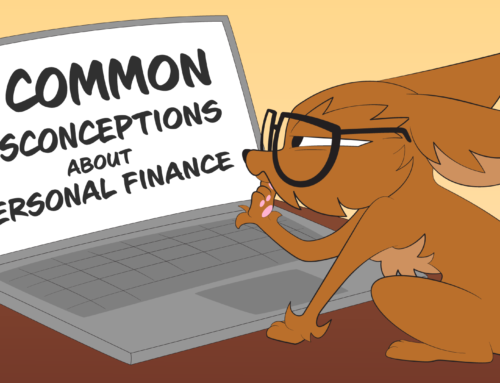Retirement Planning: Avoid These Common Mistakes
Retirement planning is one of the most important plans you’ll make for your future. When done right, retirement can be stress-free and enjoyable. On the other hand, if neglected, your retirement can be miserable and uncertain. So, the key to retirement planning is getting it right the first time and avoiding common mistakes. Keep reading to learn how to create an effective retirement plan by avoiding common retirement planning mistakes.
Failing to Make a Retirement Plan
Failing to create a retirement plan can have devastating effects on your retirement lifestyle. Let’s face it—you can’t have the retirement of your dreams if you don’t have a plan to get there. You must set one or several financial goals and develop a step-by-step plan to achieve them. Make sure you monitor and update your plan regularly. You should also consult with a financial advisor or utilize robo-advising services to ensure your plan will help you achieve your long-term goals.
No Savings Plan: Pre-Retirement
It’s never too early to start saving, and that is especially true for your retirement. Why? The money that you save will eventually become your income, and to accumulate enough savings to live on in retirement, you must begin investing now. While saving for retirement is important, it is equally important to make smart decisions about where to invest your savings. This can be achieved by simply thinking about how you want to spend your retirement. Do you want to maintain your current lifestyle, downsize, or travel the world? Whatever you decide, you’ll need to determine the associated costs and save accordingly. Doing so will ensure that you have enough money during your retirement. If you haven’t already, make sure you add savings to your retirement plan.
You can budget for your retirement here.
Not Utilizing Company Match
If your company offers a 401(k) match, you should take full advantage of it. A company match is essentially free money that your employer will give you up to a certain percent. For example, if your employer has a 5% match, when you invest 5% of your salary in your 401(k), your employer will contribute the same amount. A company match is one of the easiest ways to start your retirement plan. If you haven’t already, ask your employer about their company match and start investing today.
Utilizing Too Much Debt
This should come as no surprise, but you should never take on debt just before retirement. After your retirement begins, you will no longer have full-time employment to pay for the new debt. So, debt before retirement is a no-no. If you must take on debt, it’s critical to have a payoff plan that takes into account your new fixed income.
You should keep track of your monthly spending and determine how much income you’ll need to live comfortably in retirement. Fill out our worksheet to get your retirement expense report in five minutes or less!
Failing to Diversify Your Investments
Diversifying your assets is one of the most important investment rules. Diversification reduces both short-term and long-term risk by spreading that risk over a variety of investments in multiple industries. When it comes to retirement planning, diversifying your assets will expose you to more opportunities to grow your assets. It will also stabilize your assets and help you overcome market fluctuations.
Collecting Benefits Too Soon
You can withdraw money from your retirement accounts at any time and any age. But, if you’re not at least 59 1/2 years old, you will incur penalties and additional taxes by doing so. Penalties for withdrawing money from your retirement accounts before maturity include:
• Any amount withdrawn will be added to your income for tax purposes in the calendar year of the IRA withdrawal
• 10% additional tax penalty
As you can see, it is not a wise decision to withdraw money from your retirement accounts until you meet the qualifications.









